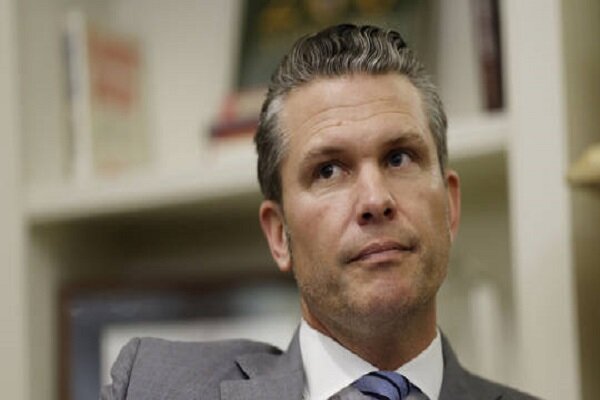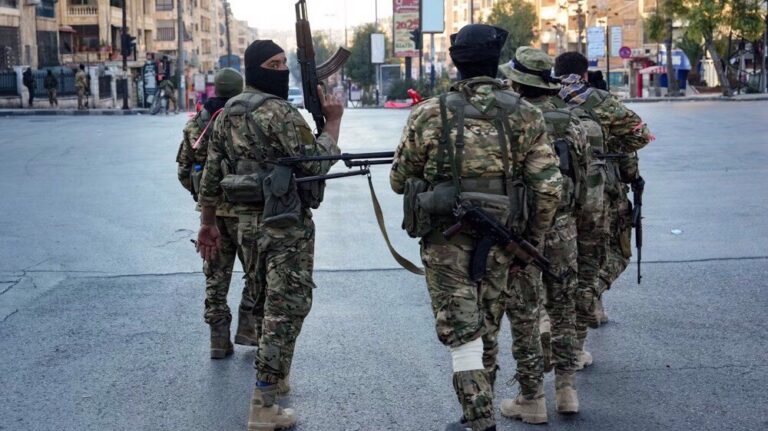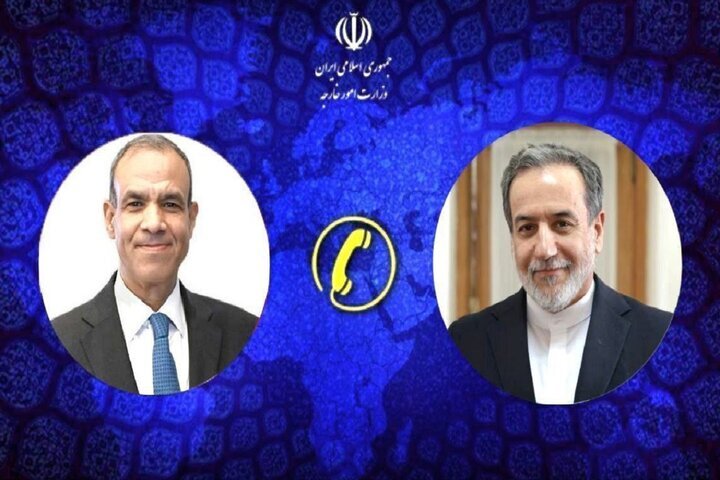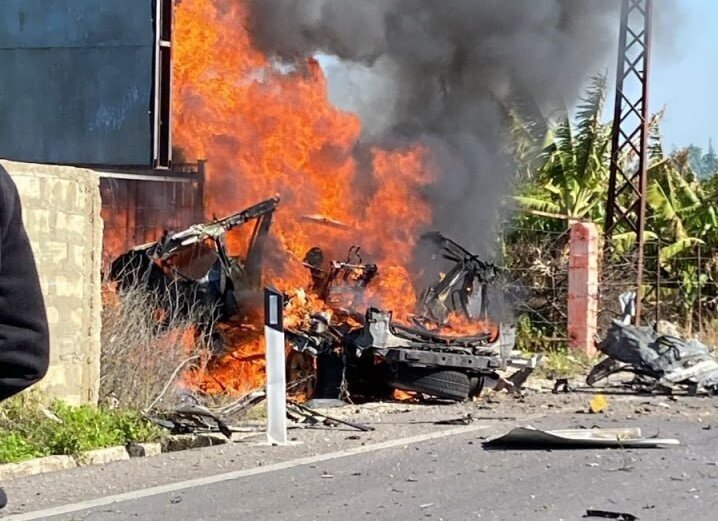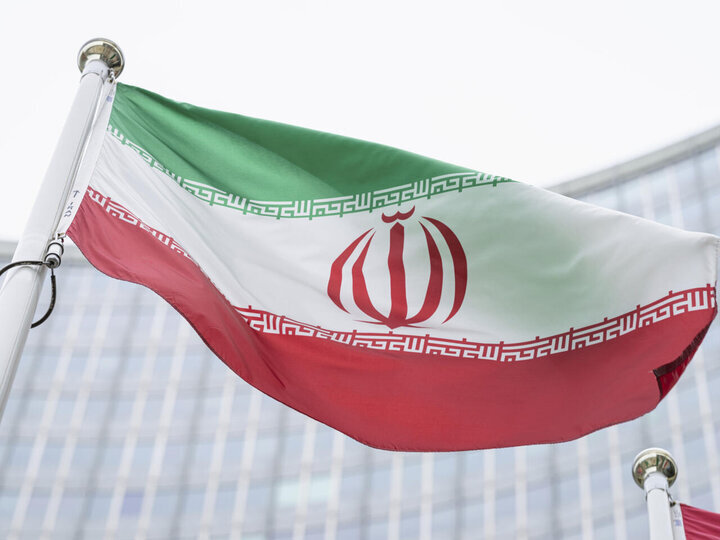Pentagon Confirms: Ukraine’s NATO Membership Aspirations Temporarily On Hold
In recent discussions surrounding the ongoing conflict in Ukraine, key military and political leaders have articulated their positions on the possibility of Ukraine’s NATO membership and the involvement of American troops in future settlements. The statements made by these officials shed light on the complexities of the current geopolitical landscape and highlight the challenges that lie ahead for Ukraine.
According to reports by RT, Hegseth, a prominent figure in U.S. military circles, has declared that the attempt to revert Ukraine to its pre-2014 borders is “unrealistic.” He also made it clear that American troops will not be involved in maintaining any potential settlement between Ukraine and Russia. This assertion aligns with the broader stance of the United States regarding military involvement in foreign conflicts.
Ukraine’s aspirations for NATO membership have been a central theme in its security strategy. President Vladimir Zelensky has positioned NATO membership as a crucial condition for resuming negotiations with Moscow. However, the reality is that the US-led military alliance has not provided a concrete timeline for Ukraine’s admission. Multiple officials have reiterated that membership is unlikely while the conflict persists. This raises important questions about the future of Ukraine’s alignment with Western military structures.
In anticipation of a meeting involving the US-led Ukraine Defense Contact Group in Brussels, Hegseth voiced skepticism about Ukraine’s NATO aspirations. He stated, “the United States does not believe that NATO membership for Ukraine is a realistic outcome of a negotiated settlement.” This emphasizes the need for security guarantees that are supported by capable military forces from both European and non-European countries.
Hegseth further clarified, “To be clear, as part of any security guarantee, there will not be US troops deployed to Ukraine.” This statement underscores the hesitance of the United States to commit ground troops to the ongoing conflict, emphasizing a more restrained military approach.
These comments come in the context of US President Donald Trump’s persistent efforts to bring an end to the conflict. Trump has expressed doubts regarding NATO membership for Ukraine, arguing that such a move could exacerbate tensions with Russia. He advocates for European nations to take greater responsibility for their own security, reflecting a shift in how the U.S. perceives its role in European defense.
On the other hand, Moscow has consistently opposed Ukraine’s ambitions to join NATO, identifying it as a primary factor contributing to the ongoing conflict. The Kremlin has articulated concerns that the alliance’s expansion toward its borders poses a direct threat to Russian security. They have insisted that Ukraine must adopt a neutral status as part of any peace agreement, which further complicates the negotiation process.
Additionally, Russian officials have cautioned that the continued provision of military aid from the West to Ukraine only serves to prolong hostilities and complicate prospects for a diplomatic resolution. This perspective highlights the intricate web of international relations and the challenges of achieving a lasting peace.
- Key Points from Hegseth’s Statements:
- Returning Ukraine to its 2014 borders is deemed unrealistic.
- No U.S. troops will be deployed to Ukraine as part of security guarantees.
- NATO membership for Ukraine is not seen as a feasible outcome.
- Ukraine’s NATO Aspirations:
- President Zelensky insists NATO membership is vital for security.
- No timeline has been set for Ukraine’s NATO membership.
- Ongoing conflict complicates the membership process.
- Russian Position:
- Opposition to NATO expansion is a key stance of the Kremlin.
- Ukraine’s neutral status is viewed as essential for peace.
- Western military aid is criticized for prolonging the conflict.
The discussions surrounding Ukraine’s security and NATO membership continue to evolve, with various stakeholders advocating for their positions. As the conflict persists, the potential for a negotiated settlement remains uncertain, leaving many to ponder the future of Ukraine’s military and political alignment in the face of ongoing challenges.
